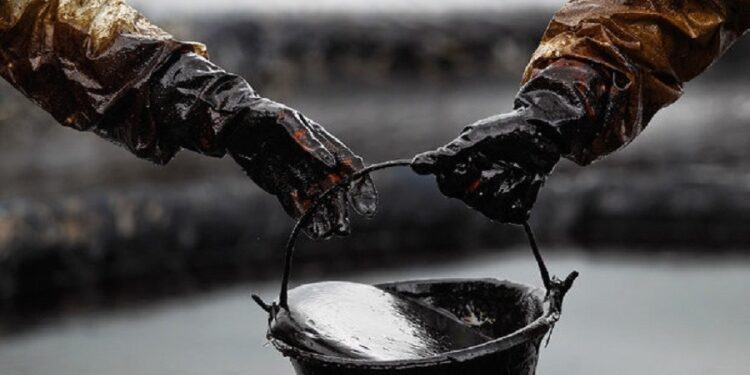Nigeria plans to offer crude trading on bourse for first time
Tinubu has been encouraging public and private-sector investments across the extractive industry to boost revenues and cut imports. This month, his government released a set of rules that will compel oil producers to sell crude to domestic refineries before making exports.
Nigeria’s commodities exchange plans to offer crude oil and gas trading to deepen access to financing for the industry that’s the biggest foreign-exchange earner for the nation.
The Lagos Commodities and Futures Exchange is working with the Securities and Exchange Commission to meet trading requirements after obtaining guidance from the Abuja-based agency, Chief Executive Officer Akinsola Akeredolu-Ale said.
“The consideration is that 10 to 20% of Nigeria’s crude oil production be provisioned for trading on the floor of the Lagos Commodities and Futures Exchange,” he said in an interview, without being drawn on when it would start.
It will be the first time the fossil fuel will be traded on an exchange in Africa’s largest oil producer.
Oil production last month averaged more than 1.4 million barrels per day, with the bulk exported directly to foreign buyers and the rest sold to local refiners. Nigeria has for years been unable to meet its OPEC+ quotas, partly because of underinvestment in the industry, crude oil theft and vandalism.
A recovery in the industry is vital for President Bola Tinubu to achieve his long-term economic growth target of 6% or more in the coming years. Growth slowed to 2.7% in 2023 from 3.1% a year earlier.
Tinubu has been encouraging public and private-sector investments across the extractive industry to boost revenues and cut imports. This month, his government released a set of rules that will compel oil producers to sell crude to domestic refineries before making exports.
The LCFE will connect oil producers to local and offshore markets, curb default risks, boost product availability and encourage more investments, Akeredolu-Ale said.
The exchange expects to trade about 50 million barrels, which at current prices amounts to $4 billion annually, the CEO said. “This will afford Nigerians the opportunity to take direct benefits and further aid the growth of the capital market by trading on both crude and refined product contracts,” he said.
The LCFE started trading in 2022 with gold. It has since traded more than 66 million naira ($58,000) of the metal through registered commodity brokers, Akeredolu-Ale said, adding that a gram of gold coin listed at 42,500 naira two years ago closed at 65,000 naira at the end of February.
The bourse also trades agriculture products such as soya beans, paddy rice, maize, sorghum, sesame seeds, palm oil and cassava.


